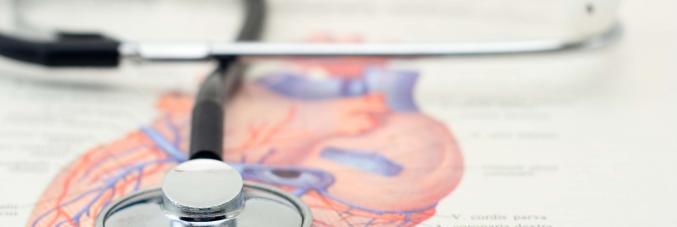
Increasing the longevity of biologically engineered heart valve implants
22.02.2022
Almost 400,000 patients require a heart valve replacement worldwide each year. For these patients, animal-derived bioprosthetic heart valves (BHVs) are the most suitable as they are biocompatible and, unlike mechanical valves, do not require anticoagulant therapy.
Coordinated by Clinical Immunologist and Department of Cardio-Thoracic-Vascular Sciences and Public Health at University of Padua Professor, Emanuele Cozzi, the international research team published their finding in Nature Medicine entitled The role of antibody responses against glycans in bioprosthetic heart valve calcification and deterioration. The study
The research team spent over 5 years investigating an international cohort of 1668 patients who had received biological valves. The cohort included those who underwent heart surgery at Bellvitge University Hospital in Barcelona, Vall d'Hebron University Hospital of Barcelona, University Hospital of Manitoba, University Hospital of Nantes, and the University Hospital of Padua. The aim was to clarify whether the antibody response directed against the sugar molecules present on the animal-derived valves could lead to premature valve deterioration through a calcification process.
Prof Cozzi explains, “Our study shows that a month following the implantation of biological valves, antibodies levels directed against the sugar molecules increases significantly. In an animal model, we have seen how the presence of these antibodies can cause calcium deposits, after only a month, in biological valves and leading to deterioration. Conversely, if we implant valves from animals engineered BHVs, which do not produce the sugar molecules, antibodies do not attack the valve and do not induce calcification of the tissues. The goal is to use biological valves that last longer and safe for younger patients, guaranteeing increased safety and quality of life than the mechanical valve."
The research was conducted in the context of the European TransLink Project, funded with a budget of 6 million euros from the EU's Seventh Framework Program and involved 14 partners from 4 countries of the European Union (Italy, Spain, France, Sweden), England, the United States, Canada, and Israel. Prof Emanuele Cozzi is in charge of the Transplant Immunology Operational Unit of the University Hospital of Padua.



